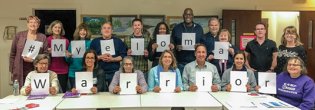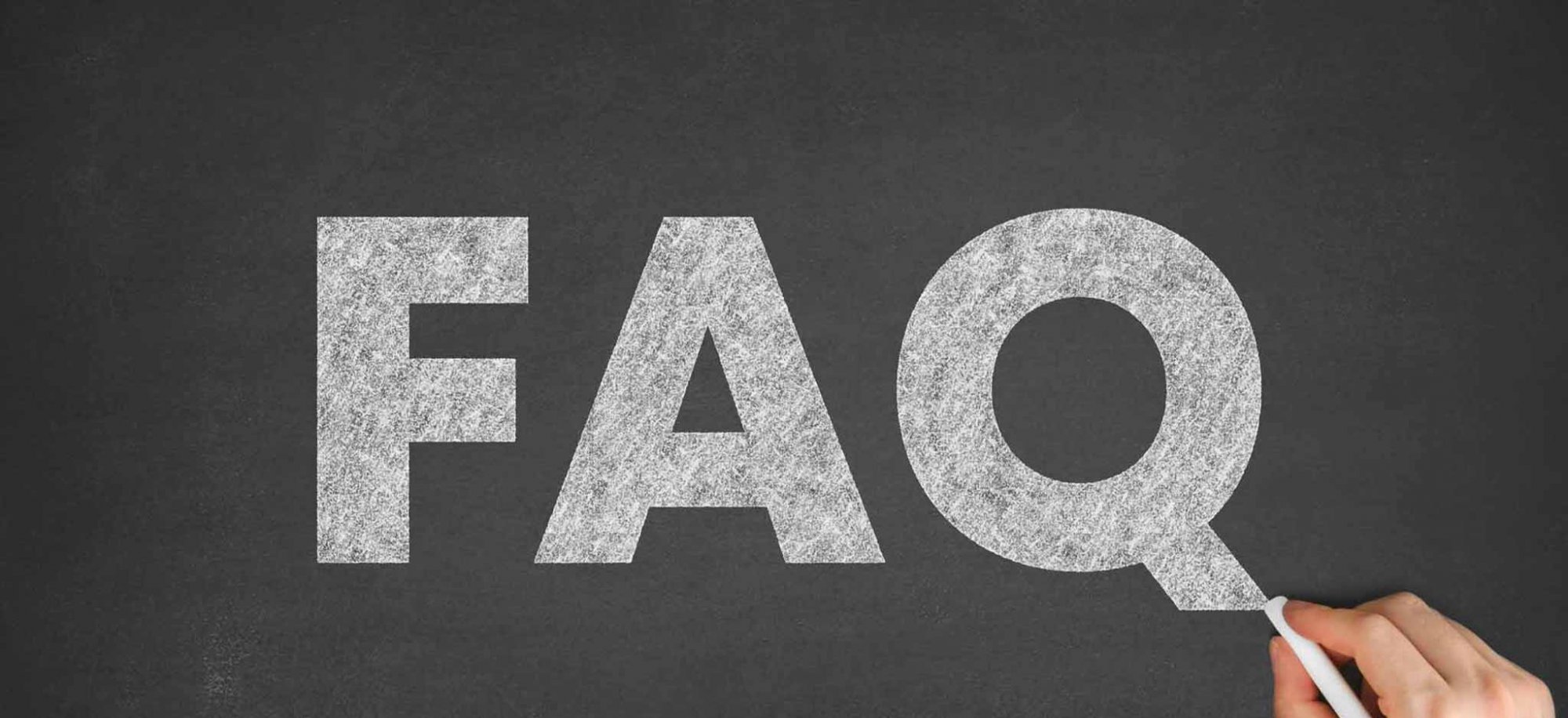Review this FAQ page for answers to frequently asked questions about multiple myeloma cancer and the International Myeloma Foundation.
How common is myeloma?
Multiple myeloma is the second most common blood cancer. According to the National Cancer Institute (NCI) SEER data, an estimated new 30,770 new multiple myeloma cases have been diagnosed in the U.S. in 2018.
As of 2021, the NCI estimates 34,920 new cases of myeloma may be diagnosed in the U.S.
As of 2018, an estimated 149,956 people were living with myeloma in the U.S. (NCI SEER data).
Who is at risk for developing multiple myeloma?
Men are 1.14 times more likely than women to develop multiple myeloma. The disease is most frequently diagnosed in 65- to 74-year-olds, and it is twice as common in people of African descent.
What are the symptoms of myeloma?
How is myeloma diagnosed?
Visit Essential Tests and Monitoring to learn more.
What are the stages of myeloma?
What are the different types of myeloma, and what do they mean?
If I’ve been diagnosed with myeloma, should I get a second opinion?
You should never be afraid to ask for a second opinion. If you feel you would like a second opinion, contact the IMF’s InfoLine for a recommendation to a hematologist/oncologist in your area. The InfoLine may be reached at 1-800-452-CURE (2873) in the U.S./Canada, or globally at 1-818-487-7455. You may also email them with your inquiry at InfoLine@myeloma.org.
Do I need a myeloma specialist for my care?
There may not be a myeloma specialist in the area for every patient. However, there is almost always a doctor who does have a focus or an area of specialization in myeloma. Ask your attending myeloma clinician how many patients he or she sees with multiple myeloma.
We encourage patients to see a true myeloma specialist at least once during the course of their disease. To identify a local or regional myeloma specialist, contact the IMF InfoLine at 1-800-452-CURE (2873) in the U.S./Canada, or globally at 1-818-487-7455. You may also email them with your inquiry at InfoLine@myeloma.org.
Finally, you can visit our listing of active myeloma support groups throughout the U.S. A leader of one of these groups may be able to give you specific feedback on the visits that they have had with myeloma specialists near you.
Is melanoma the same as myeloma?
No, melanoma is a skin cancer and an entirely different disease. Multiple myeloma is a blood cancer, specifically of the plasma cells.
What diet should I follow if I have myeloma?
As Dr. Brian G.M. Durie simply recommends, “Just eat real food.” For example, avoid processed foods and processed sugar. Our bodies are not used to unnatural ingredients that are mixed into some processed food. Organic food is highly recommended and can be purchased at lower prices these days. Also, practice a mixed diet (similar to a Mediterranean diet) with a focus on fruits and vegetables. Learn more about real food with this blog.
Should I avoid physical activity if I have multiple myeloma?
What is the IMF doing for the prevention and cure of multiple myeloma?
The IMF's Black Swan Research Initiative (BSRI) is a unique project to develop the first definitive cure for myeloma. BSRI’s key accomplishments in this area include the following:
Myeloma interrupted: The iStopMM project, launched in October 2016 in Iceland, is focused on preventing MGUS (monoclonal gammopathy of undetermined significance) from developing into full-blown disease. About 80,000 Icelanders have signed up to participate in this blood screening, and approximately 1,000 new cases of MGUS have been diagnosed. The special clinic for bone marrow and other testing has opened.
Highly sensitive testing developed: From the BSRI’s team of investigators in Spain, the newly developed and very sensitive NGF (next-generation flow) test to detect one in one million plasma cells in the bone marrow is now being used to test for myeloma cells in the blood with great results. All patients with active myeloma as well as SMM (smoldering multiple myeloma) have myeloma cells in the blood. This is really a whole new understanding of the disease.
The CESAR trial is fully accrued and in process. This trial studies Kyprolis, Revlimid, dexamethasone (KRd), and ASCT (autologous stem cell transplant) in high-risk smoldering multiple myeloma (HRSMM), which has been well tolerated with a 100 percent response rate.
The ASCENT trial: The ASCENT trial in the U.S. began in 2018. This trial evaluates the effectiveness and safety of the combination of Darzalex (daratumumab), Kyprolis (carfilzomib), Revlimid (lenalidomide), and dexamethasone in high-risk smoldering multiple myeloma (HRSMM). There is tremendous excitement about this important study to compare with the CESAR trial results.
Learn more about the IMF's cure efforts by exploring the" Road to the Cure".
The IMF receives corporate support. How are those funds used?
The IMF educates tens of thousands of myeloma patients, caregivers, and healthcare professionals around the world each year thanks in part to the support of educational grants from more than a dozen different industry sponsors. While we are grateful for support from corporate entities, the IMF is solely responsible for the criteria, objectives, content, quality, and scientific integrity of all research and educational programs.
Does the IMF provide financial assistance to patients and their families?
Unfortunately, the IMF is not able to provide direct monetary assistance to patients, but we do have information about financial resources that may be available to you. You can view a list of co-pay assistance programs here or contact our InfoLine at 1-800-452-CURE (2873) in the U.S./Canada, or globally at 1-818-487-7455. You may also email them with your inquiry at InfoLine@myeloma.org.
Can I talk directly to a myeloma specialist if I call the IMF?
Currently, we do not have myeloma specialists or healthcare professionals available to field your calls. However, we do have a fully staffed InfoLine team of myeloma information specialists. The InfoLine team consistently provides callers with most up-to-date information about myeloma in a caring and compassionate manner. Their contact is as follows:
800-452 CURE (2873)
U.S. & Canada
1-818-487-7455
worldwide
Phone lines are open
Monday through Friday
9 a.m. to 4 p.m. (Pacific)
The International Myeloma Foundation medical and editorial content team
Comprised of leading medical researchers, hematologists, oncologists, oncology-certified nurses, medical editors, and medical journalists, our team has extensive knowledge of the multiple myeloma treatment and care landscape. Additionally, Dr. Brian G.M. Durie reviews and approves all medical content on this website.
Last Medical Content Review: June 6, 2021






